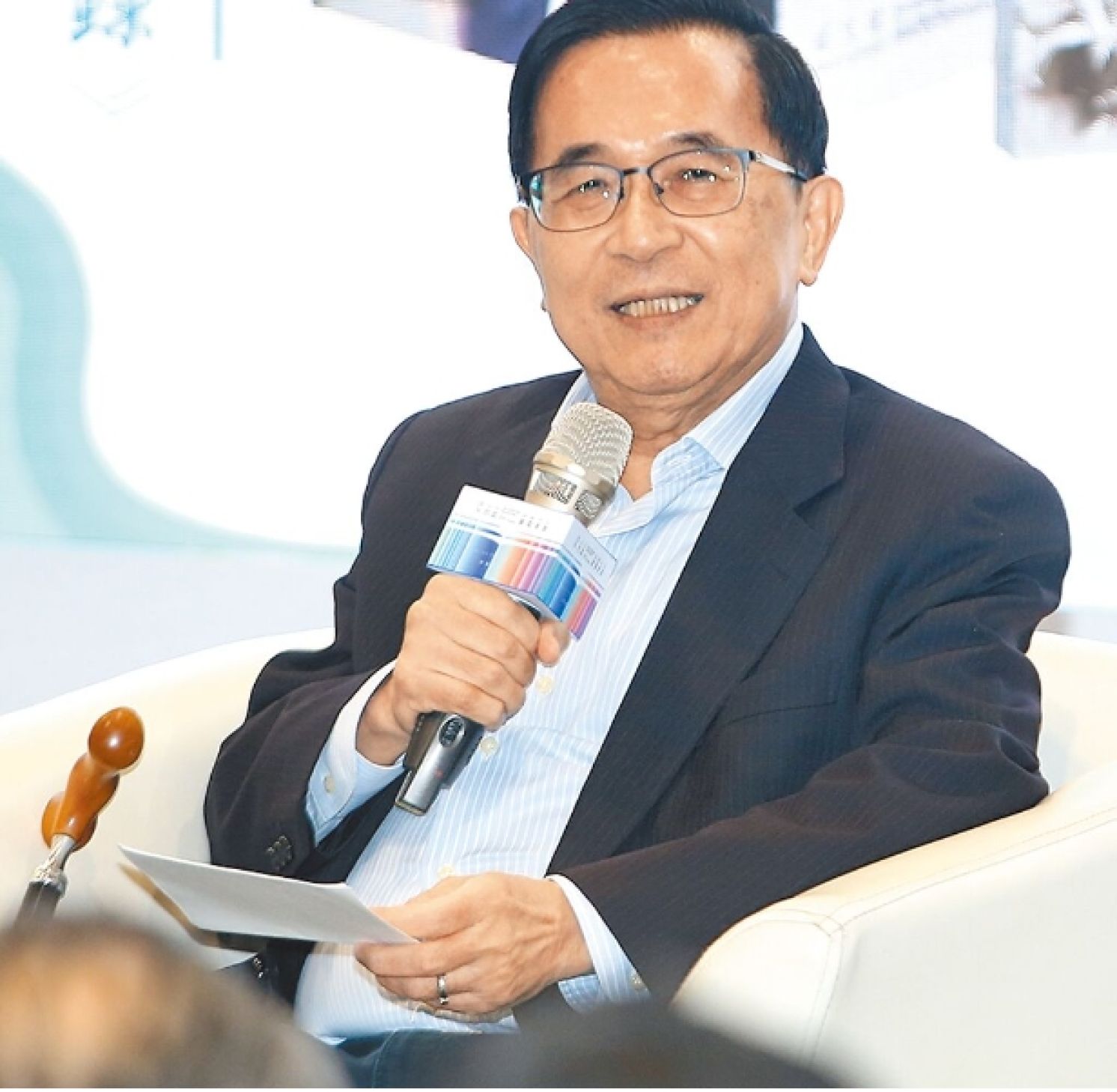
President Tsai Plans to Pardon Former President Next Week:Commutation of Sentence, Not Acquittal
China Times, May 11, 2024
Former President Chen Shui-bian's case is understood to be receiving a presidential pardon next week, just before May 20. It is reported that the pardon will focus on commuting the sentence rather than acquitting the charges. Sources emphasized that leaving Chen's case to the next government is unfair to incoming President William Lai. President Tsai Ing-wen has decided to defuse the situation, ensuring that President Lai won't have to deal with this issue once he takes office. Regarding former President Chen's impending pardon, Kuomintang (KMT) Legislator Wu Tsung-hsien, convener of the Judiciary and Organic Laws and Statutes Committee of the Legislative Yuan, has arranged for a hearing on May 15. They will invite the Secretary-General of the Judicial Yuan Wu San-lung and Minister of Justice Tsai Ching-hsiang, to discuss the handling of "unlawful gains not confiscated and pending cases not finalized after the president's pardon" in a special report and inquiry. It's emphasized that "pardon doesn't mean a clean slate."
Lai Knows President Tsai’s Intervention As Well
Former President Chen is involved in up to 10 cases, some of which have been finalized while others are pending. The cases to be pardoned include the Longtan land purchase scandal, the corruption case involving the Nangang Exhibition Center, Chen Min-hsun's bribery case, and the major merger between the Second Financial Reform and the Restoration of the Taiwan Province cases, all totaling a sentence of 20 years. Former President Chen was first detained in November 2008 and was granted medical parole in 2015. Since then, Taichung Prison has approved 38 extensions of his medical parole.
Sources reveal that former President Chen's pardon has been a tumultuous issue, and both President Tsai and President-elect Lai are aware. After the Lunar New Year, senior party and government officials from the presidential office went south to meet with Chen and inform him of the decision. Last week, as the personnel of the new cabinet were being finalized, officials set to retire expedited their tasks. Additionally, family members of Chen were invited for discussions. Given the significance of former President Chen's pardon in the political landscape and its implications for cross-party relations, relevant departments and party leaders are mobilizing to handle every aspect with care and precision.
Hopes to Garner Acceptance from All Sides with Thorough Simulation
In order to achieve a level of acceptance from all sides, even if they are not entirely satisfied, relevant authorities have conducted meticulous scenario simulations. Apart from former President Chen and his family, senior officials from the Ministry of Justice have also discussed subsequent matters with party members. Given that some of former President Chen's funds are still held overseas, the Ministry of Justice is also diligently verifying the overseas accounts of the Chen family.
According to the Amnesty Act, pardons can include amnesty, special pardons, commutation of sentences, and restoration of rights. Informants say that in former President Chen's case, the commutation of sentence does not equate to acquittal; it simply means he will not have to return to prison. However, his convictions remain, and the over NT$800 million (about US$24.6 million) in criminal proceeds, including US$10 million in a Swiss bank, will not be returned to the Chen family. This approach is believed to provide accountability to society, similar to how former leaders implicated in cases are treated worldwide, and it should be acceptable even to the opposition parties.
As for whether former President Chen can accept that his guilt remains on record, informants indicate that he has no choice or bargaining power. By resolving this matter during President Tsai's tenure, Lai will not have to face this issue upon assuming office, which would otherwise be unfair to him.
Concrete Plans: Opposition Parties Call for Public Explanation
Legislator Wu emphasized that pardoning falls within the president's authority, and he has no objections. However, granting medical parole constitutes an abuse of the system. The principle of equality under the law should be upheld, as there are many individuals in prison whose offenses are more severe than former President Chen's, yet they have not been granted medical parole opportunities.
Legislator Huang Kuo-chang, convener of the Taiwan People’s Party caucus of the Legislative Yuan, stated that this matter is very serious. Regardless of the government's stance or President Tsai's personal views and plans, they should responsibly come forward and report to the entire nation.
Spokeswoman Lin Yu-shan of the Office of the President reiterated that the current position of the Presidential Office is still to ensure that former President Chen receives proper healthcare and to handle the matter in accordance with relevant laws and regulations. Democratic Progressive Party (DPP) Legislator Kuo Kuo-wen expressed that it has been over 10 years since the Chen case began. Similar situations, where former presidents in South Korea were imprisoned and then pardoned, are not uncommon. It is time to address the former President Chen’s case and move society towards reconciliation.
Former President Chen currently resides in Tainan's East District and has not publicly responded to this issue. The Facebook page for "Story of New Courage," which is associated with Chen, only added a post stating, "Ketagalan Academy was born for democracy and aims to deepen Taiwan's democracy," without mentioning the pardon. When asked for comment, Chen's son, Chen Chih-chung, simply replied, "Inconvenient now, sorry, thank you," without elaborating further.
From: https://www.chinatimes.com/newspapers/20240511000318-260118